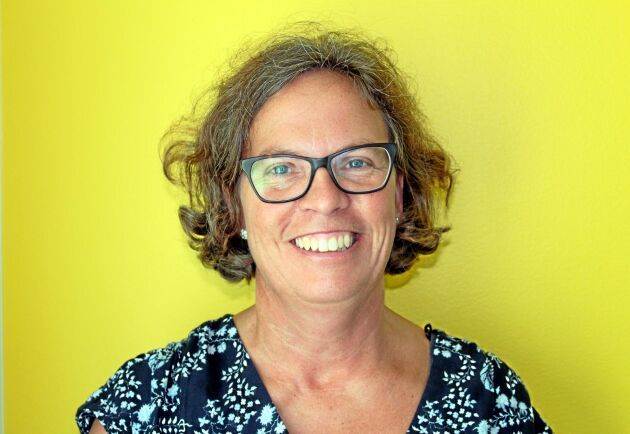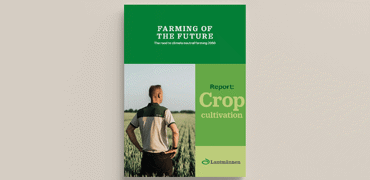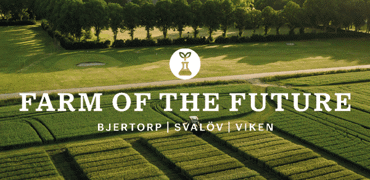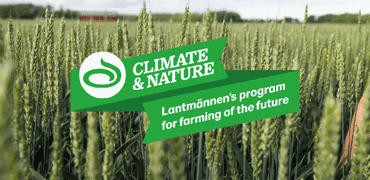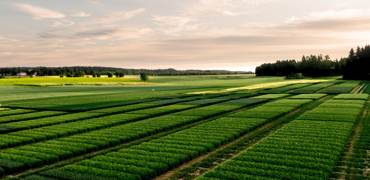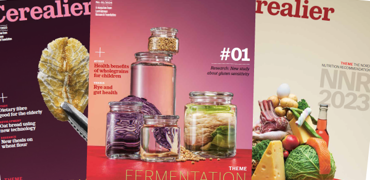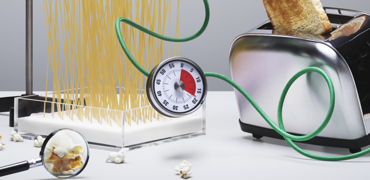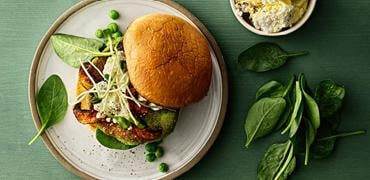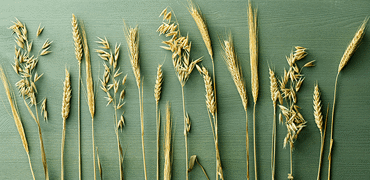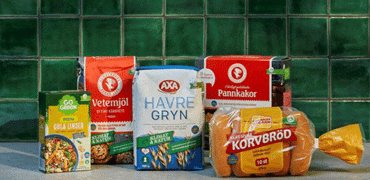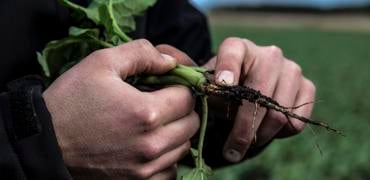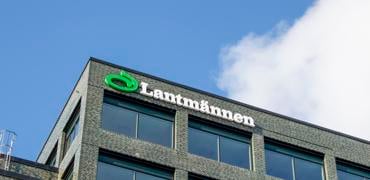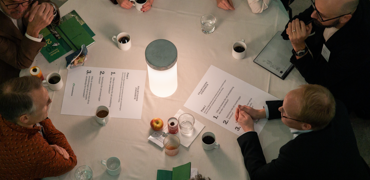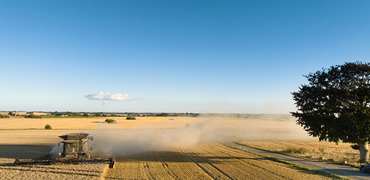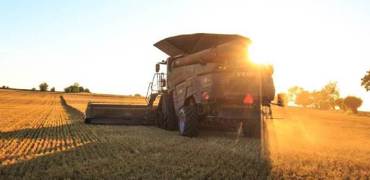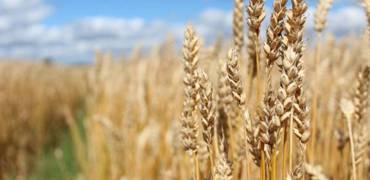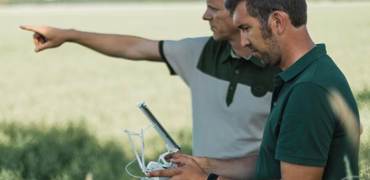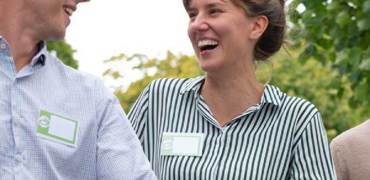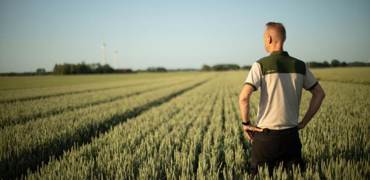Right now, we are engaged in an exciting project in partnership with a company called Volta Greentech, to test how algae can be used as feed for high performing dairy cows. The aim is to develop additives that can reduce methane emissions from cows and with it their climate impact. Several laboratory studies have shown that algae have a positive effect on methane emissions. In our current trial, we are investigating whether cows will eat this feed and what impact it has on yield and the quality of the milk.
Using algae in feed is an exciting new area that is being pretty heavily researched, and not just in Sweden. For example, a project is in progress in Denmark to see which algae delivers the best results. However, to date, very few products have been tested on cows in real life, the research is still at the lab study stage, and we are the first to test it on cows. Our partner in the project is Volta Greentech, a new, local, Swedish company that has developed a way to grow red algae in the laboratory. This means the product can be produced without any negative impact on ocean environments. Volta Greentech shares our passion for this joint project that is a step on the way to a new product. We are going to need to perform further trials, where we measure actual methane emissions, to see if there is a positive effect in reality. The customers are a differentiated group and circumstances differ from one farm to the next so more experiments are needed.
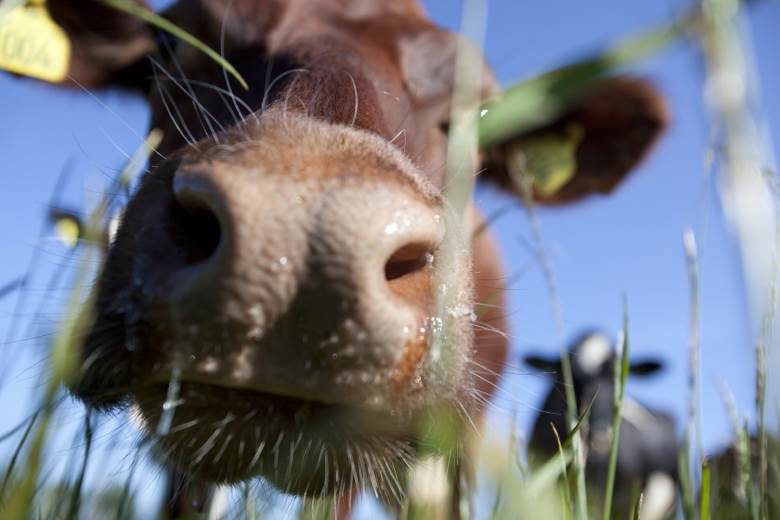
If the trial goes well, the aim is to take the next step and develop products suited to Swedish milk and meat production. This is one of many sustainability projects we are working with on the feed front. Feed goes hand in hand with several sustainability-related challenges, not least climate impact, and improved sustainability performance is a burning issue for everyone in the industry. A sector-wide agreement was recently reached on feed that comes into force at the end of the year. The agreement creates a common way of calculating and communicating climate impact from feed products. These climate calculations will then be comparable between feed companies which means that rather than competing on calculation methods we will be competing on the qualities of the feeds. An important step on the way.
There is a growing awareness of sustainability issues among our customers; producers. The climate impact of cattle is almost a daily media topic, and those of us who work in the industry are working hard to find solutions that can contribute to reducing this impact. If we are to develop climate smart meat and milk products of the future, we not only need to work every step of the way from muzzle to mouth, but also to make consumers better aware of the cost of climate smart products.
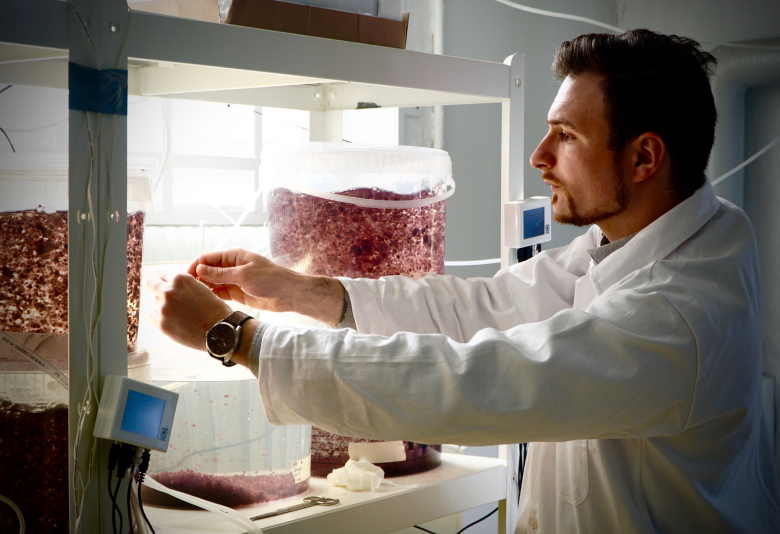
Our long-standing goal has been to develop smart feeds, with the focus on performance when it comes to both production and climate. I have been working as a consultant to dairy and meat customers and know that feed and other choices in production affect results on farms. For us, it is important that our customers are able to achieve profitable and sustainable production in their chosen orientation. And that high and even production, is not achieved at the cost of quality, animal welfare or the environment. This is the equation we must solve, high yielding cows and the most climate-neutral feed we can manage. Our feed also needs to suit all the different farms and their different circumstances.
We at Lantmännen have an incredibly important role to play in developing and offering smart choices that steer the climate issue within Swedish milk and meat production in the right direction. We are passionate about finding solutions that lead to more sustainable production, we want to be involved in and lead development towards more sustainable feed and testing various alternatives. The path forward will be based on innovation, of daring to try exciting new ideas and then testing and evaluating them in practice.
Read more about the project in our press release
